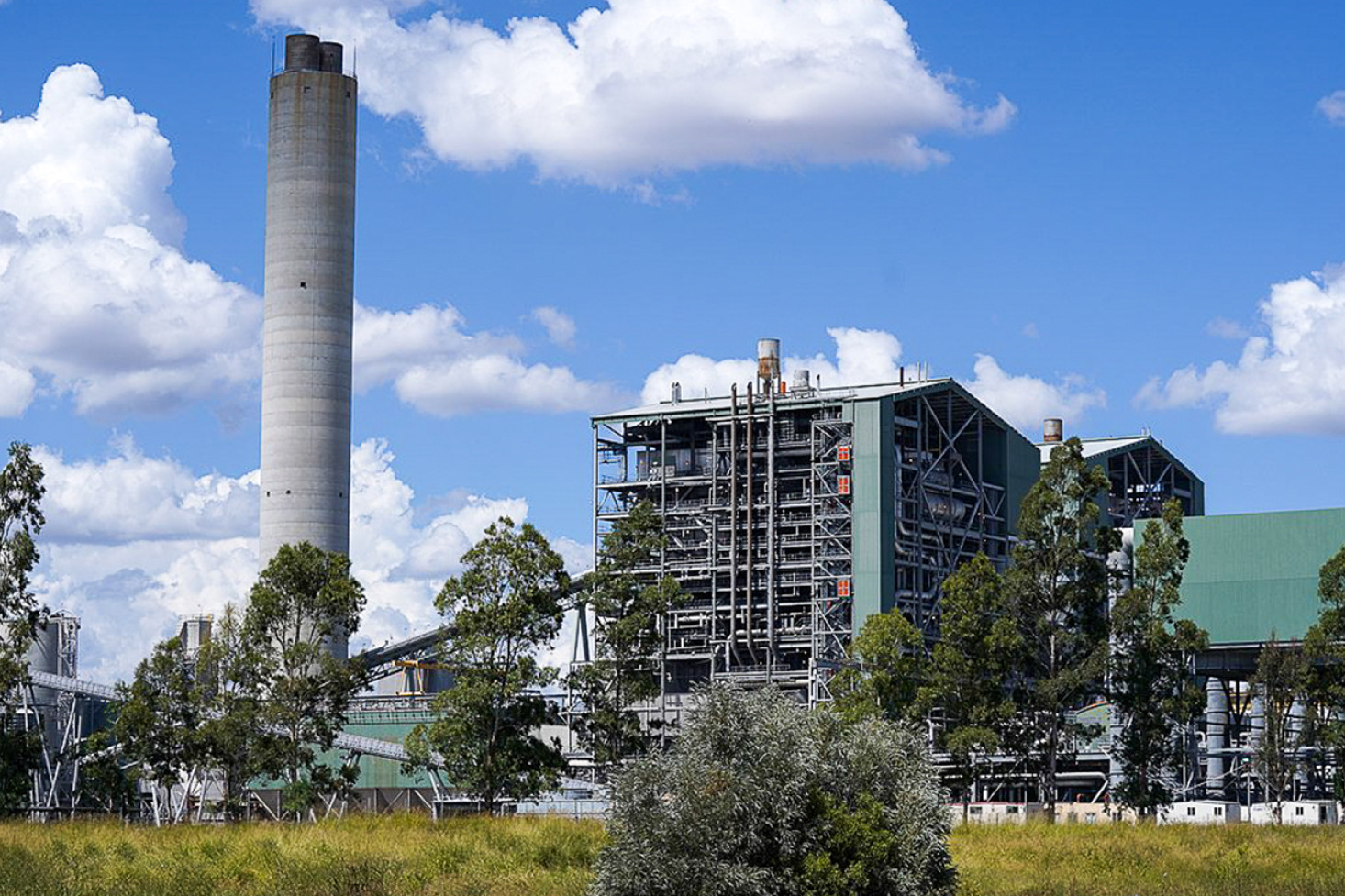Community & Business
7 June, 2024
Plan to pollute Great Artesian Basin rejected
Plans to use the Great Artesian Basin (GAB), which covers 1.7 million square kilometres of the state including the Darling Downs, as a carbon capture and storage reservoir, have been rejected by the Queensland Government.

Pittsworth, along with Millmerran, Cecil Plains, and Clifton are among the communities that rely on the availability of GAB water to supply their communities.
Farmer and environmental advocacy groups have spent the past few months campaigning against the plan by Carbon Transport and Storage Corporation (CTSCo), a subsidiary of Swiss multinational corporation Glencore.
CTSCo proposed to undertake a carbon capture and storage trial, with a long term plan to conduct an industrial-scale storage project, located on a greenhouse gas exploration permit site near Moonie.
The trial proposed injecting thousands of tonnes of carbon dioxide (CO2) per year for three years into the Precipice Sandstone aquifer, located within the GAB, at a depth of approximately 2,300 meters below ground level.
The CO2 injected into the Precipice Sandstone aquifer would consist of captured greenhouse gas from the Millmerran Power Station, supplied as cryogenic liquid, and transported to the injection site via road.
After a rigorous three-year assessment under the Environmental Protection Act 1994, Queensland’s independent environmental regulator determined on May 24, 2024, that the project is not suitable to proceed.
The Environmental Impact Statement concluded that injecting the greenhouse gas stream, made up of predominantly supercritical CO2 into the Precipice Sandstone aquifer, could lead to the deterioration of water quality for use.
Additionally, it could generate direct impacts on the environment and the people who live and work in the vicinity of the project area.
Toowoomba Region Mayor Geoff McDonald said Toowoomba Regional Council applauds the decision of the Queensland Government and would encourage further regulation on any applications that may put at risk the lifeline that is the GAB.
“Council is supportive of the robust processes deployed by the Department of Environment, Science and Innovation to ensure the security of GAB water quality and availability of supply,” Mayor McDonald said.
“Toowoomba Regional Council relies on the availability of GAB water to supply several communities, including Clifton, Pittsworth, Millmerran and Cecil Plains.
“The long-term security of this water source is critical for Council and the community.”
Farmer advocacy group AgForce praised the State Government’s decision.
CEO of AgForce Michael Guerin said the decision puts to rest the immediate risk from this specific proposal.
“This project was clearly a trial for future upscaling in this aquifer in the GAB, which Glencore believed had a storage capacity of up to 730 billion litres of industrial waste,” Mr Guerin said.
The GAB is one of the largest underground freshwater resources in the world, as well as Australia’s largest groundwater basin.
As such it’s the only reliable water source available for much of the outback’s arid inland areas.
“So, while we celebrate this State Government decision, our thoughts now immediately go to how to best protect the GAB into the future from such environmental threats,” Mr Guerin said.
“Protecting it properly can only be achieved through more robust Federal Policy, with the current review of the Environmental Protection and Biodiversity Conservation Act (EPBC Act) a critical component of that.”
Leader of The Nationals, Member for Maranoa and Shadow Minister for Agriculture David Littleproud said he supports carbon sequestration projects in principle but only under certain conditions.
“The Nationals fully support carbon sequestration projects as a method to support the coal and gas industries abate their emissions but only in the appropriate place and once there is confidence in the science,” he said.
“The Great Artesian Basin is an important water source for farmers and communities in Queensland.
“It’s imperative we protect it and that proper, thorough assessments are undertaken for any sequestration project.
Mr Littleproud said while The Nationals support carbon capture storage, it has to be in the appropriate place.
“The technology is emerging and we support that, but it has to be done at an appropriate pace where we have confidence in the approval process,” he said.
“At the moment, the Queensland Government determines the process, despite projects involving national environmental assets that should also trigger, under the EPBC Act, the water trigger.
“We have a responsibility to protect the environment.”
Lock the Gate Alliance, welcomed the government’s decision.
“The dumping of waste carbon in the Great Artesian Basin poses an unacceptable risk to the groundwater that tens of thousands of Queenslanders rely on,” National Coordinator Ellen Roberts said.
“Without the basin, many inland Queensland towns, communities, and farmers would have no access to reliable water.
“For many years, the fossil fuel industry has been trying to make carbon capture and storage work at scale, but it has failed.
“Fossil fuel companies like Glencore prop up carbon capture and storage in order to delay real emissions reductions and real action on climate change,” Ms Roberts said.
“We’re heartened to hear the Queensland section of the Great Artesian Basin will not be sacrificed just so fossil fuel companies can continue to pollute.”
Queensland Premier Steven Miles has since banned carbon capture and storage in the GAB, as of
31 May, 2024.
Greenhouse gas storage activities, including carbon capture and storage projects, will be permanently prohibited in the basin, in a move by the Queensland Government to protect the critically important resource.
The ban, which will be legislated, clarifies that activities involving greenhouse gas storage or the injection of a greenhouse gas stream into underground formations within the GAB are not permissible.
Premier Miles said the GAB, with its unique environmental, agricultural, economic and cultural significance, is worth protecting.


